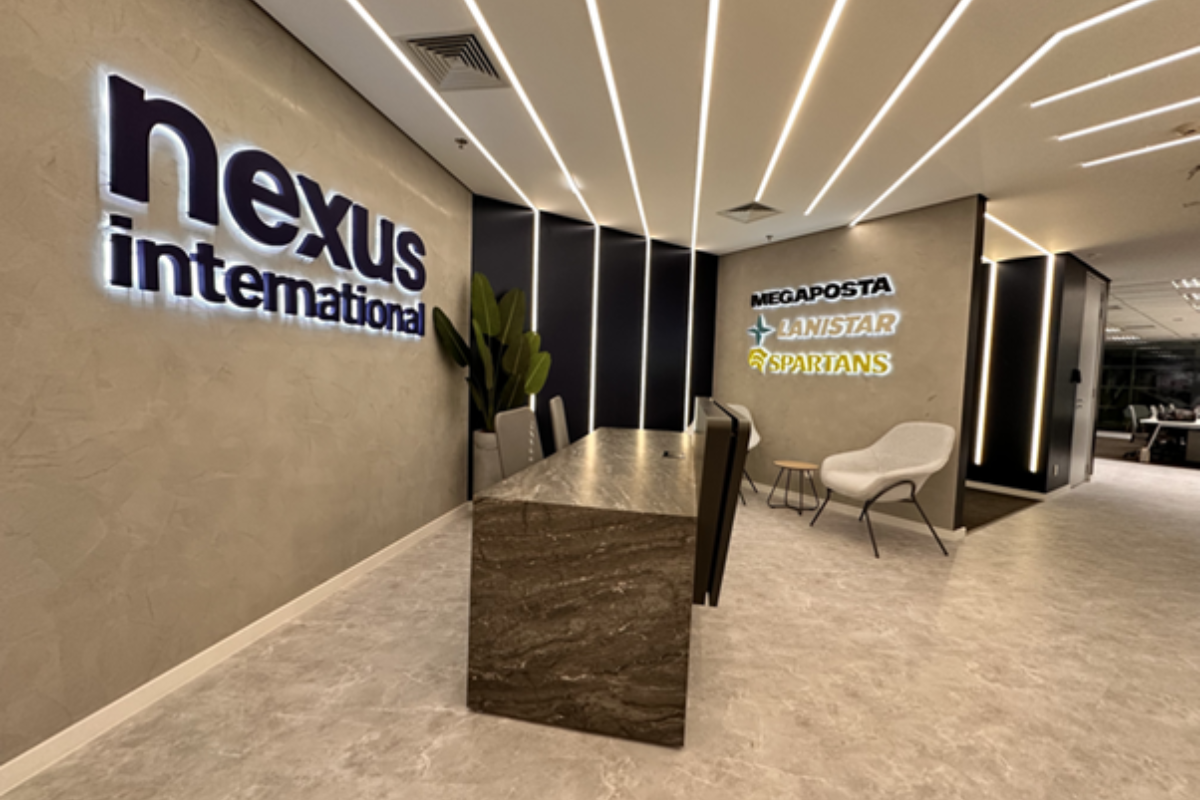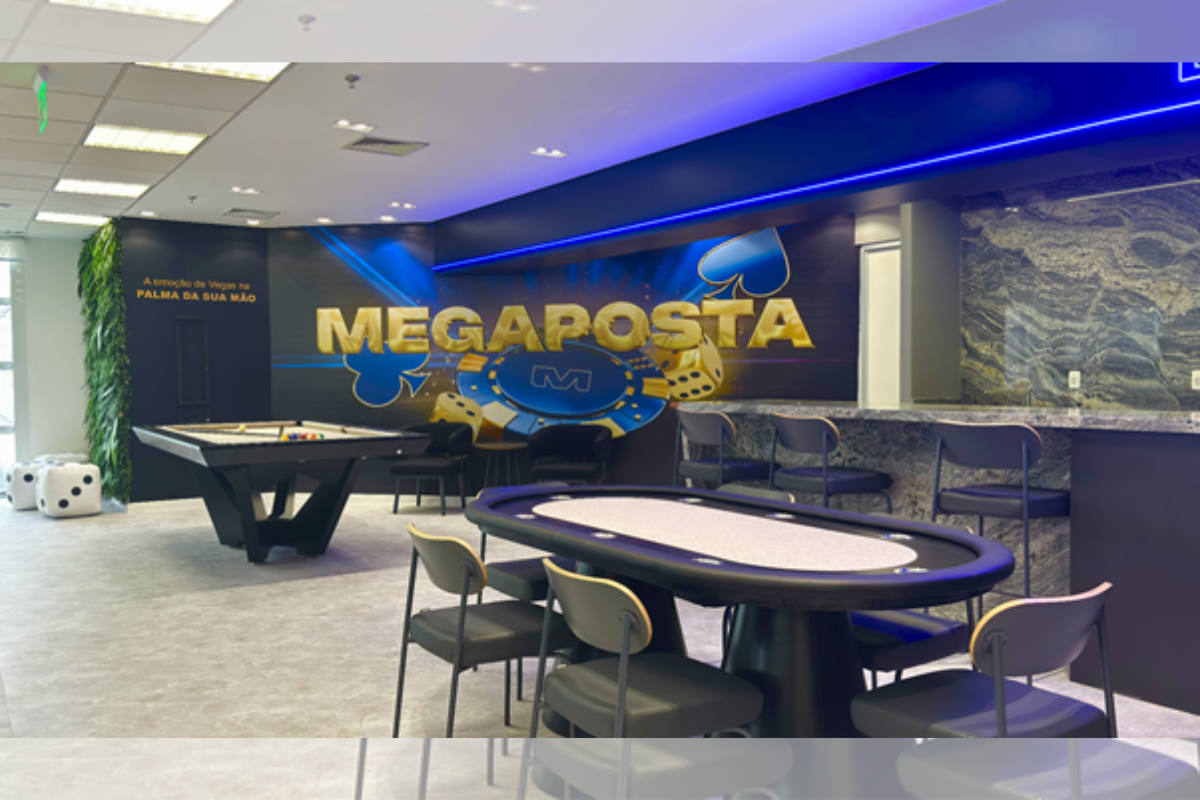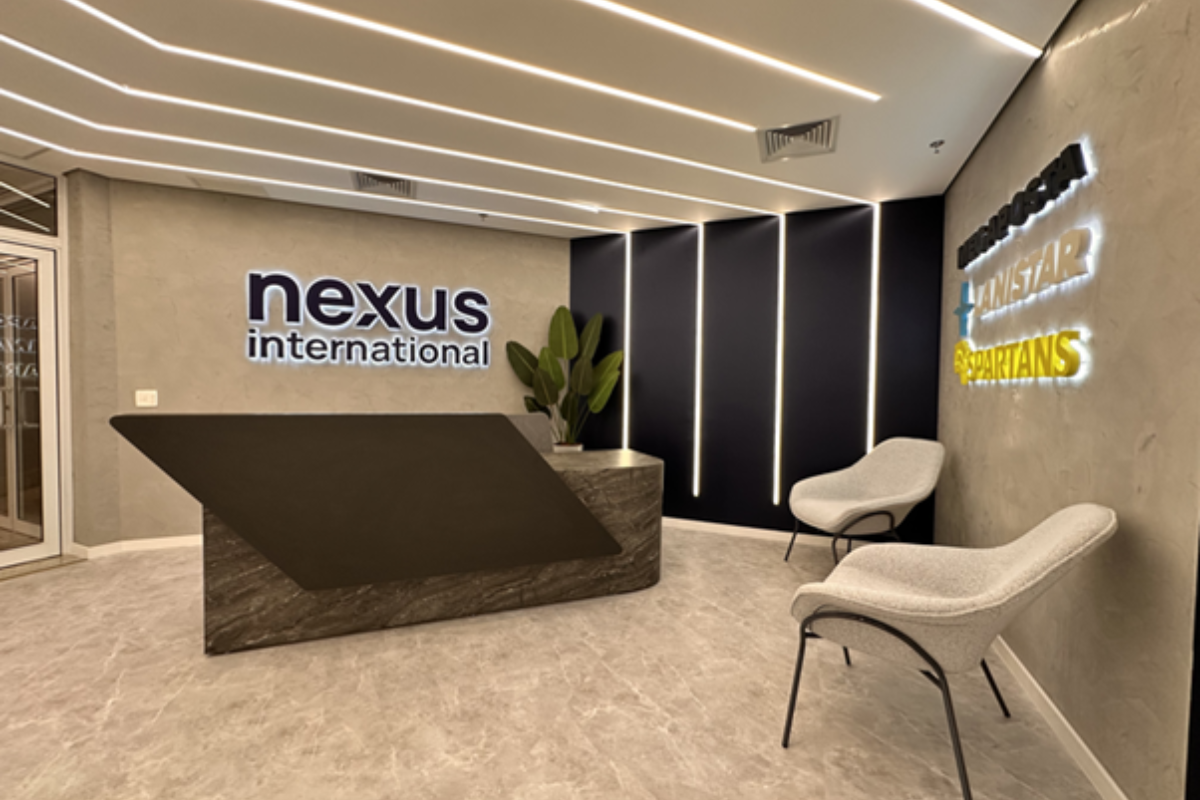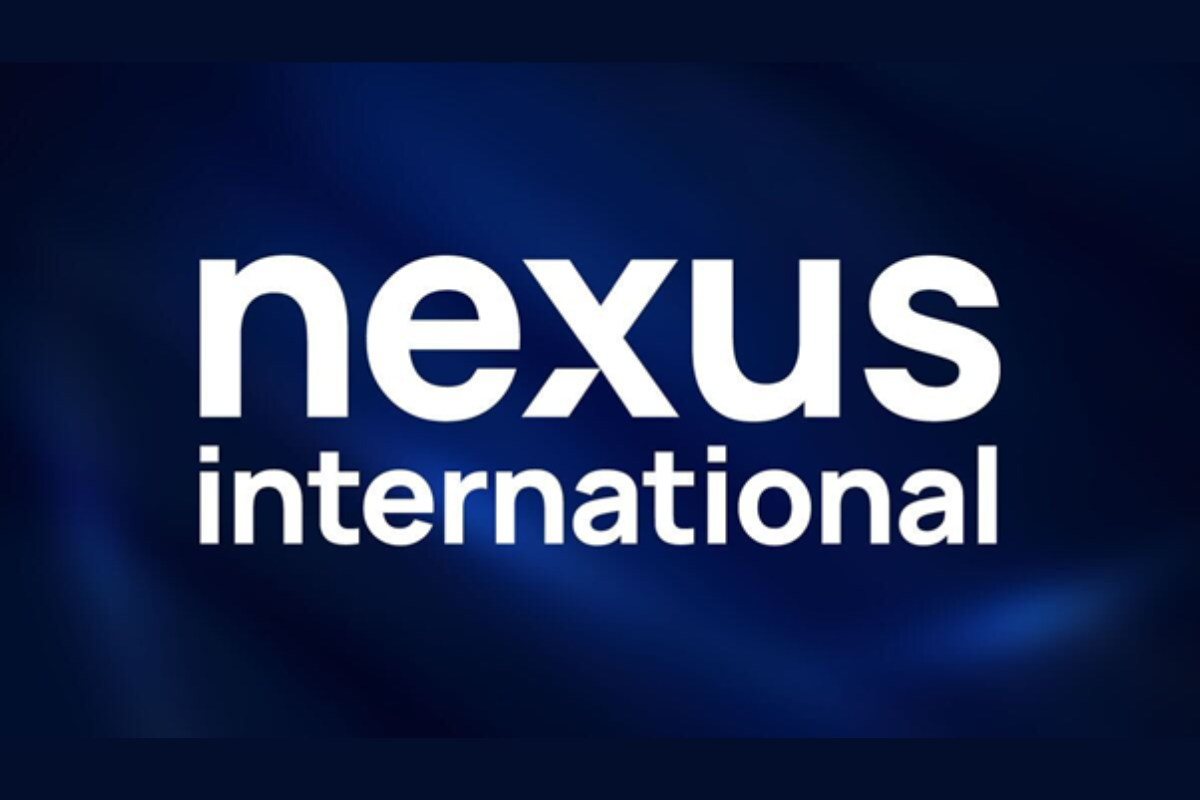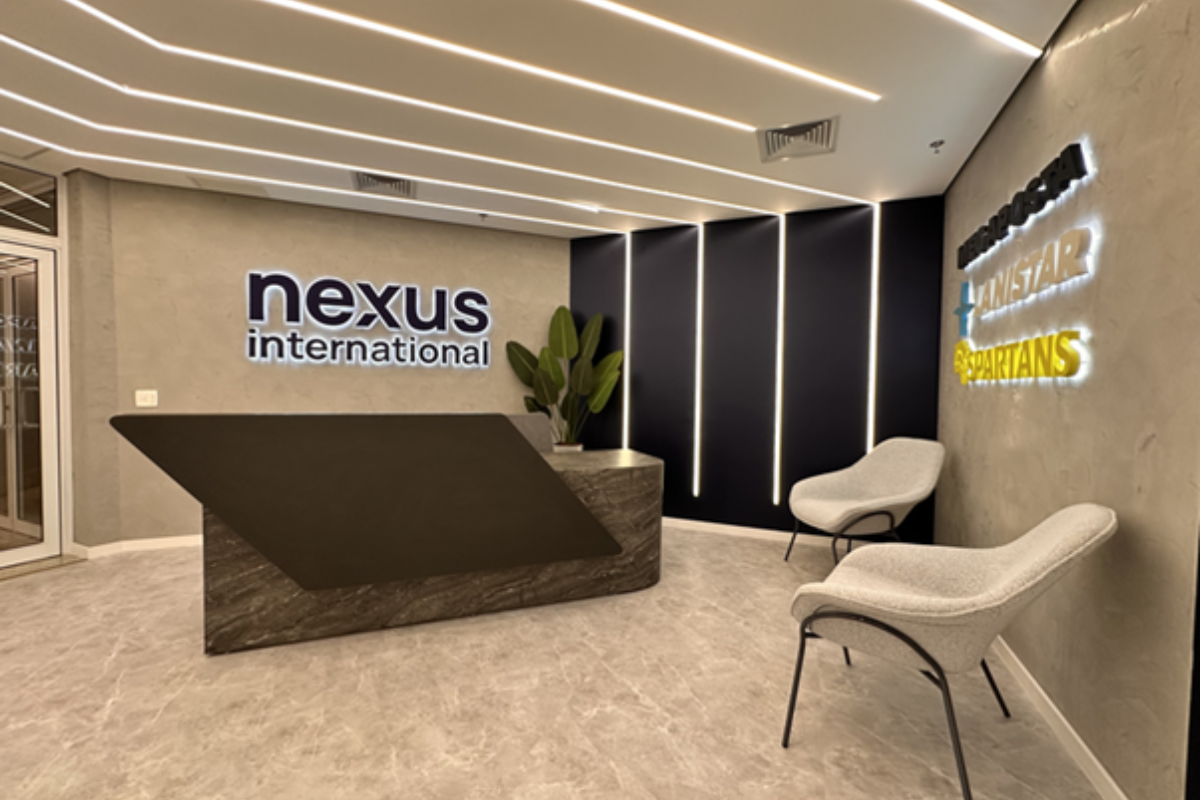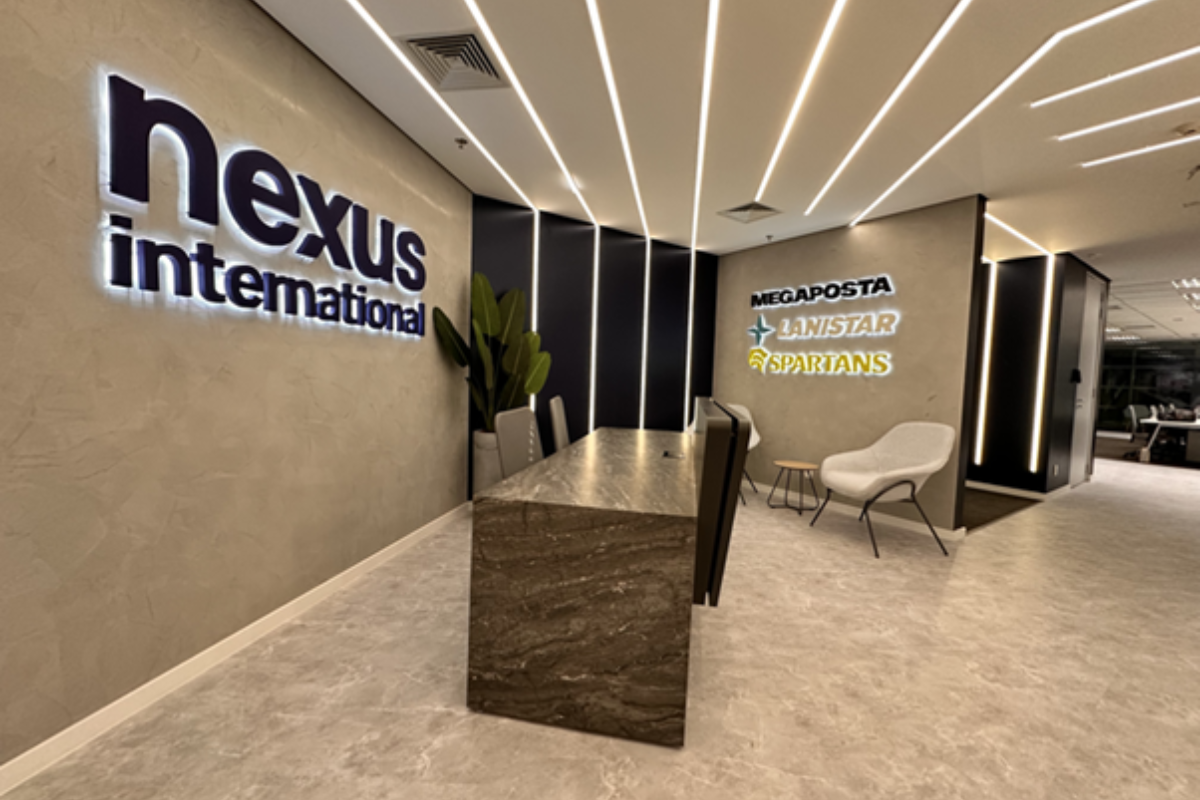Latest News
Founder-Owned at $400M: Gurhan Kiziloz Carries the Company Without Cushion

At most startups, ownership dilutes with each funding round. At Nexus International, it never did. Gurhan Kiziloz, the founder behind the tech company, holds 100% equity and, by design, 100% responsibility.
The company reported $400 million in revenue in 2024 and is projecting $1.45 billion by the end of 2025. Those numbers weren’t achieved through raising external capital or board-driven strategy. Kiziloz didn’t onboard investors, co-founders, or advisors. There are no pitch decks, cap tables, or shareholder updates. There is only a product, a team, and a founder at the center of it all.
That model gives him full control over the company’s pace, direction, and decisions. But it also leaves no margin for error and no buffer when things go wrong.
“If it fails, I start again,” Kiziloz says in an interview. The statement is blunt, but consistent with the rest of his answers. When asked what kind of pressure comes with carrying the outcome alone, he doesn’t describe it in emotional terms. He frames it as a practical default, something that comes with the territory, not something to resist or delegate.
In most venture-backed companies, decision-making is distributed, sometimes to preserve consensus, sometimes to manage risk. In Kiziloz’s world, distribution itself is the risk. He prefers speed to safety nets. “We move fast. Really fast. No approvals, no politics, no waiting,” he says.
That speed comes from structure. With no board to consult and no investors to manage, Kiziloz doesn’t have to justify his decisions, only act on them. This means Nexus can execute rapidly, pivot without delay, and push forward without cross-functional bottlenecks. The cost: there’s no fallback when a choice leads to failure.
When asked whether Nexus would be where it is today had he taken external funding, his answer is immediate: “Absolutely not. I’d be wasting time listening to people who don’t get it.” His approach isn’t rooted in rebellion; it’s based on an operating preference that eliminates external inputs to maximize execution.
Owning the company outright also means owning its rhythm. Kiziloz doesn’t run annual planning meetings. He doesn’t slow down to evaluate feedback loops. The company’s direction is often set in minutes, not quarters. “Give me an idea. If I like it, I will get it done,” he says of his internal decision cycle.
But the simplicity of that loop also concentrates all risk. If a product misfires, if a market shifts, if a structural bet fails, there is no one else to blame, reassign, or replace. There is only the founder and the next move.
His view of failure aligns with this model. “I get it wrong all the time,” he says, without hesitation. But for him, failure is not a reputational event; it’s an operating reality. The key, he says, is that “those few right moments are so big, they wipe out all the wrongs.” He doesn’t dwell on errors. He rides the wins.
This isn’t a path many founders take, even those with similar instincts. Most eventually bring in outside capital, even if only to secure a runway or expand hiring. Many bring on advisors to offset blind spots. But Kiziloz remains resolute. “I’m too proud to borrow money,” he says. “If I can build it myself, I will. I don’t want anyone else’s fingerprints on this.”
That independence has shaped not just Nexus’s capital structure, but its culture. It’s not a collaborative sandbox; it’s a company built for throughput. There are no all-hands calls, no cultural offsites, no layered accountability ladders. There’s only work, speed, and execution.
“Not everyone is designed to take a ride in a rocketship,” he says of his team. In his view, the company isn’t obligated to create comfort; it’s engineered to generate momentum.
That momentum, for now, is measurable. From zero to $400 million without external financing. A projection of $1.45 billion without a pivot in structure. But success at this scale, with this model, remains rare.
Kiziloz doesn’t talk about legacy or market dominance. He doesn’t forecast a future exit. His focus is operational, not thematic. And while the lack of external support creates risk, it also creates clarity. Everything at Nexus begins and ends with one person. For better or worse, that’s exactly how he built it.
-

 Africa6 days ago
Africa6 days agoQTech Games wins Best Innovation of the Year at the 2025 SBWA+ Eventus Awards
-

 Asia6 days ago
Asia6 days agoNODWIN Gaming and JioStar Unveil OnePlus Android BGMS Season 4
-

 Latest News6 days ago
Latest News6 days agoCalema to Perform at Legends Charity Game in Lisbon
-
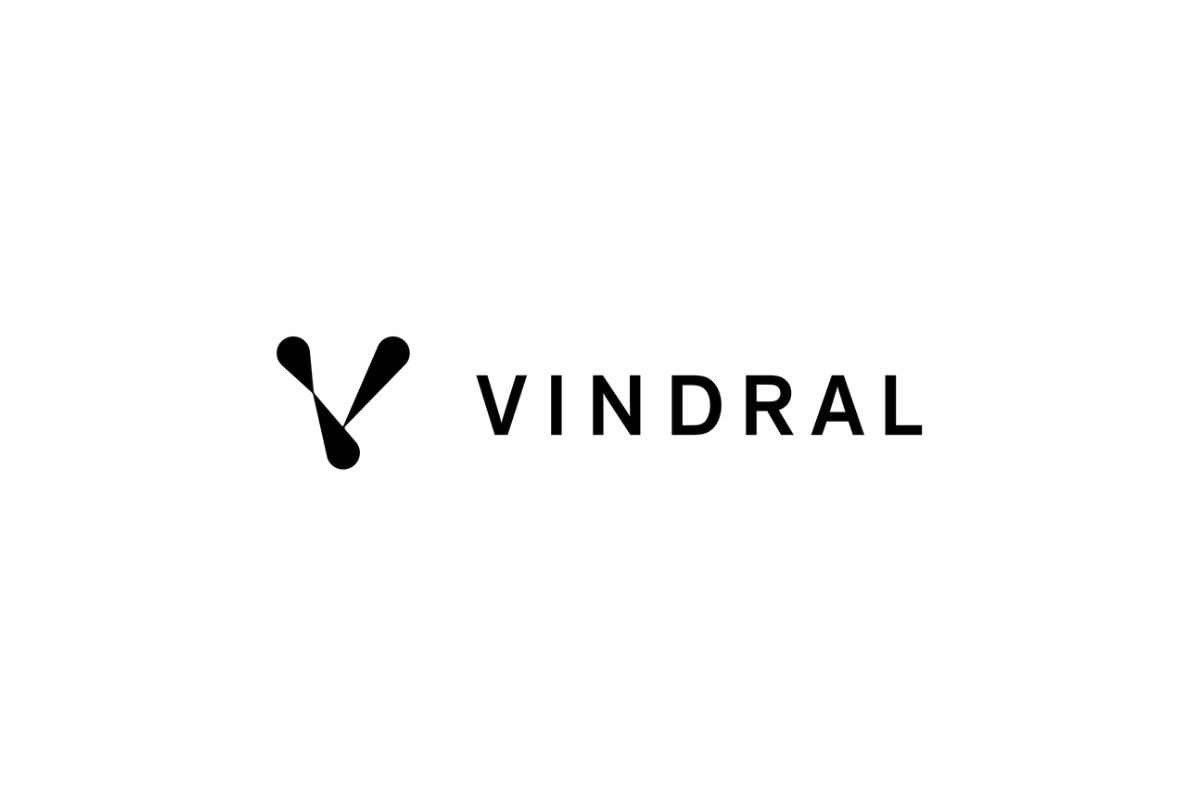
 Latest News6 days ago
Latest News6 days agoVindral appoints Henrik Fagerlund as Chairman of the Board
-

 Conferences in Europe6 days ago
Conferences in Europe6 days agoEGT Digital and EGT to rock the show at SiGMA Euro-Med 2025
-

 Latest News6 days ago
Latest News6 days agoPush Gaming redefines its portfolio, unveiling new game categories and sub-brand for extended player reach
-
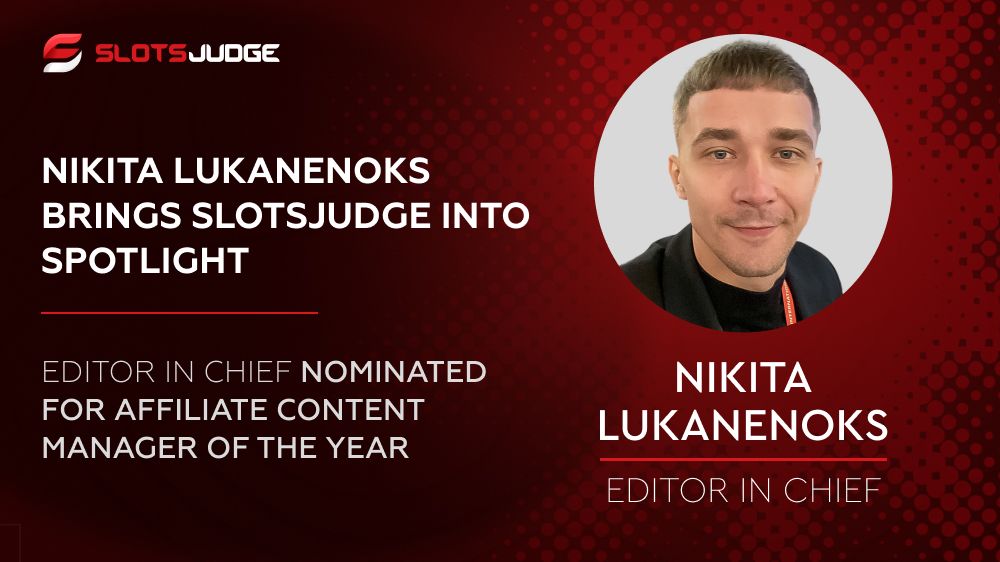
 Affiliate Industry6 days ago
Affiliate Industry6 days agoNikita Lukanenoks Brings Slotsjudge Into Spotlight With Affiliate Leaders Awards 2025 Nomination
-

 Latest News7 days ago
Latest News7 days agoThunderkick returns for an even fierier fiesta in Carnival Queen 2






